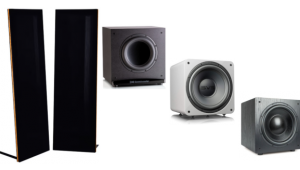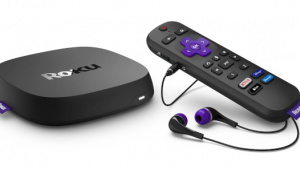The film industry has been digitizing film for issues like color correction, restoration, special effects and disc production for a long time now. This process is called a digital intermediary. In its answer print form it is even used for exclusively digital projection which is phasing out film. Restoration sometimes uses 8k or higher, but is usually bumped down to 4k for theatrical projection presentation and is bumped down even more for conventional Bluray. Film is ok for 4k but some of the new completely digital film making is beginning to make the dead pixel look of film passe. Film grain is essentially fine random dead pixels in the emulsion of a film frame. Some of the sillier film critics and directors don't like admitting this fact.
Is 35mm Film Good Enough for 4K on Blu-ray?

Q Ever since I heard that 4K could become a mainstream reality, I’ve held off on making Blu-ray purchases thinking that a new, better format is just around the corner. I’ve also read that certain TV shows going forward will be shot in 4K, which makes me wonder about the long-term fate of content that wasn’t recorded at that resolution.
Anyway, here are my questions: Could a movie shot on film be scanned and released as a 4K Blu-ray that presents the same level of granular detail? And if a movie was shot digitally at a resolution lower than 4K (2K, say), would it require some sort of upscaling or other magic sauce to be released on a 4K Blu-ray? In other words, will the pool of real 4K content be limited?—David Stecklair
A 4K Blu-ray format is supposedly in the works, but that’s hardly a done deal. Meanwhile, Netflix has started to stream a limited amount of content in the format, and they will soon be followed by Amazon, Comcast and others. You could even say it’s likely that streaming services will end up as the primary source of 4K content, and that those 4K Blu-rays you’re holding out for might not ever appear.
But to get to your questions, yes, a 35mm film negative does contain sufficient picture information for a 4K resolution video transfer, and there’s no reason why that transfer wouldn’t retain the same level of granular detail as its source. As for digital cinema releases shot at 2K, those could be upscaled for a 4K Blu-ray release, though the presentation wouldn’t necessarily look better than a regular 1080p Blu-ray. (That said, M-Go, one of the forthcoming 4K streaming services, plans to stream upscaled-to-4K movies, claiming that its processing will “enhance the visual crispness, color acuity and image depth” of the 1080p source. Guess we’ll have to wait and see.)
To take your last question, many studios already have been transferring their film libraries at 4K for some time for Blu-ray release (the 4K video gets bumped down to 2K prior to encoding), so plenty of “real” 4K exists out there, with more arriving all the time. That said, I’m starting to wonder if a 4K Blu-ray format will happen at all. I certainly hope so, because the compression required to for Netflix and other streaming sources to deliver content at that resolution over the Internet means that 4K via Netflix may not turn out to be an improvement on 1080p Blu-ray.
- Log in or register to post comments


How about an article on how they convert film to digital? I saw a snippet on the Science Channel about it, but it was not very informative.





























































